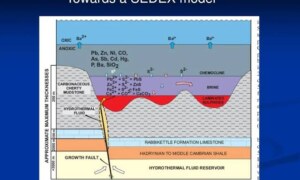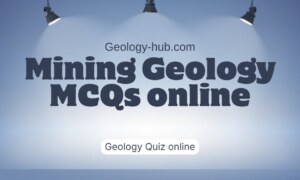In engineering and geology, a fault is a fracture or discontinuity in the Earth’s crust where movement or displacement has occurred.
Types of faults
- Normal Fault: A normal fault occurs when tensional forces cause the hanging wall to move downward relative to the footwall. This type of fault occurs in areas where the Earth’s crust is being extended or pulled apart, such as in divergent plate boundaries.
- Reverse Fault: A reverse fault occurs when compressional forces cause the hanging wall to move upward relative to the footwall. This type of fault occurs in areas where the Earth’s crust is being pushed together, such as in convergent plate boundaries.
- Strike-Slip Fault: A strike-slip fault occurs when the movement is horizontal and parallel to the fault surface. This type of fault occurs in areas where the Earth’s crust is being sheared or twisted, such as in transform plate boundaries.
- Thrust Fault: A thrust fault is a type of reverse fault where the dip of the fault plane is at a low angle, resulting in a more shallow fault zone. This type of fault is common in areas where there has been significant crustal compression.
Causes of Fault
The causes of faults are diverse and depend on the type of fault. Tectonic plate movements are the primary cause of faults. Other factors such as changes in temperature and pressure, erosion, and human activities such as mining and drilling can also cause faults to occur


Leave a comment